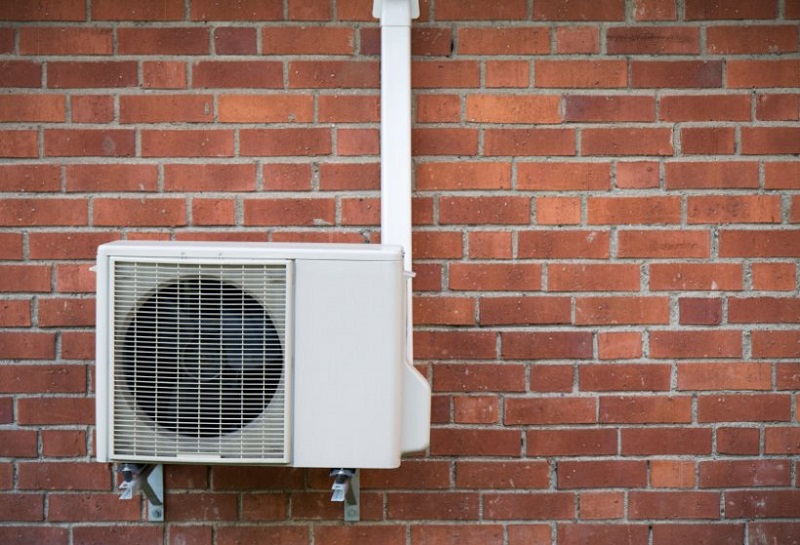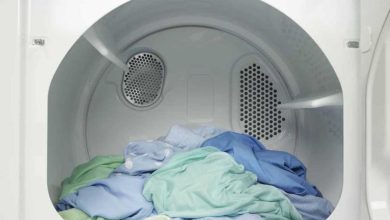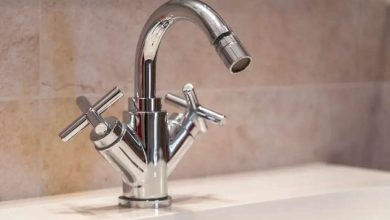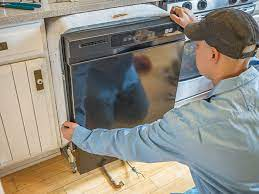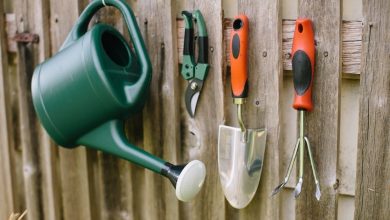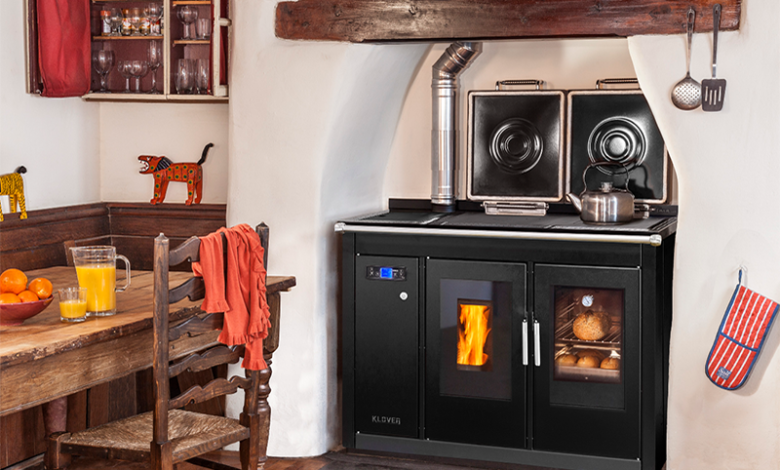
Are you tired of constantly cranking up your thermostat and still feeling cold in your own home? Or maybe you’re fed up with high energy bills and are looking for ways to make your home more energy-efficient. Whatever the case may be, choosing the right heating system for your home can make all the difference.
But with so many options available, it can be overwhelming to determine the most efficient heating for your home. In this article, we’ll dive into the different types of heating systems and discuss their efficiency levels, helping you make an informed decision for a more comfortable and cost-effective home.
Types of Heating Systems
Before we get into which heating system is the most efficient, let’s first understand the different types of heating systems available. Here are the four most common types:
- Furnaces: A furnace is a central heating system that uses fuel (such as gas, oil, or electricity) to heat air and then distribute it throughout your home via ductwork.
- Boilers: Similar to furnaces, boilers also use fuel to heat water and distribute it throughout your home via pipes and radiators.
- Heat Pumps: Heat pumps use electricity to transfer heat from one place to another, either by extracting heat from the air or ground outside and bringing it into your home (in the winter), or by removing heat from inside your home and releasing it outside (in the summer).
- Ductless Mini Splits: This type of heating system consists of an outdoor unit connected to one or more indoor units that deliver warm air directly into specific zones in your home.
Each of these systems has its own benefits and drawbacks, but when it comes to efficiency, there are a few key factors to consider.
Efficiency Levels
The efficiency of a heating system is measured by its Annual Fuel Utilization Efficiency (AFUE) rating. This is a percentage that indicates how much fuel the system can convert into heat, with higher percentages meaning more efficient heating.
According to the U.S. Department of Energy, heating systems must have an AFUE rating of at least 78% to be considered “efficient.” However, most modern systems have much higher ratings, so let’s take a closer look at the efficiency levels of each type of heating system.
- Furnaces: Gas furnaces typically have an AFUE rating between 78-98%, with electric furnaces having ratings between 95-100%. This means that for every dollar you spend on fuel, 78-98 cents go towards actually heating your home.
- Boilers: Gas boilers have AFUE ratings between 80-95%, while oil boilers can achieve efficiencies up to 98%. Electric boilers are also available, but they tend to be less efficient than gas or oil options.
- Heat Pumps: Air-source heat pumps typically have AFUE ratings between 175-250%, meaning they can produce more heat energy than the amount of electrical energy they consume. Ground-source heat pumps (also known as geothermal heat pumps) have even higher efficiencies, with AFUE ratings of 300-600%.
- Ductless Mini Splits: These systems can achieve AFUE ratings between 150-300%, making them one of the most efficient options available.
Factors That Affect Efficiency
The efficiency levels mentioned above are based on ideal conditions and may not always be achievable in real-world scenarios. Several factors can affect the efficiency of a heating system, including:
- Insulation levels: Poor insulation means your home will lose heat more quickly, causing your heating system to work harder and less efficiently.
- Ductwork design: If your ductwork is poorly designed or has leaks, your heating system will have to work harder to distribute heat, resulting in lower efficiency.
- Climate: Extremely cold or hot climates can cause a heating system to work harder and consume more energy to maintain a comfortable temperature.
- Maintenance: Regular maintenance is crucial for keeping your heating system running efficiently. A dirty or malfunctioning system is less likely to achieve its optimal efficiency levels.
Which is the Most Efficient Heating System?
Now that we’ve covered the types of heating systems and their efficiency levels, you may be wondering which one is the most efficient. The answer is somewhat subjective, as it depends on your specific home and needs.
However, in general, heat pumps and ductless mini-splits are considered the most efficient options for homes. They use electricity to move heat rather than generate it, resulting in lower energy consumption and costs. Additionally, they can also provide cooling in the summer, making them a year-round solution.
It’s important to note that the initial cost of installing a heat pump or ductless mini split may be higher than other systems. Still, over time, their high-efficiency levels can lead to significant savings on energy bills, making them a worthy investment in the long run.
Other Considerations
When choosing a heating system for your home, it’s essential to consider not only efficiency but also comfort and convenience. After all, what good is an efficient system if you’re not comfortable in your own home?
Here are a few other factors to keep in mind:
- Size: A properly sized heating system is crucial for optimal efficiency. A system that’s too small will have to work harder, while a system that’s too large can cycle on and off frequently, resulting in inefficiency.
- Zoning: Zoned heating allows you to heat specific areas of your home independently, providing more control and potentially saving energy.
- Smart Thermostats: These devices allow you to control and monitor your heating system remotely, potentially leading to increased efficiency by adjusting settings based on your usage patterns.
- Renewable Energy: Some systems, such as heat pumps, can use renewable energy sources like solar power, further increasing their efficiency and reducing reliance on fossil fuels.
Frequently Asked Questions (FAQs)
Q: What is the most efficient heating system for a small home?
A: A ductless mini split or heat pump would be the most efficient option for a small home. They are compact and use electricity to move heat rather than generate it, making them ideal for smaller spaces.
Q: Are space heaters efficient for heating a home?
A: While space heaters can be convenient for heating specific areas, they are not as efficient as central heating systems. Additionally, they can be a safety hazard if not used properly.
Q: Can I improve the efficiency of my existing heating system?
A: Yes, regular maintenance and upgrades, such as improving insulation and sealing ductwork, can help increase the efficiency of your current system.
Q: How important is proper installation for achieving maximum efficiency?
A: Proper installation is crucial for any heating system to achieve its optimal efficiency levels. Improper installation can lead to performance issues and reduced efficiency.
Q: Is it worth investing in a high-efficiency heating system?
A: While the upfront cost may be higher, a high-efficiency heating system can save you money on energy bills in the long run. It also contributes to reducing your carbon footprint and can increase your home’s resale value.
Conclusion
The most efficient heating system for your home depends on various factors, including climate, size, and personal preferences. However, in general, heat pumps and ductless mini splits are considered the most efficient options due to their use of electricity and ability to provide both heating and cooling. Regular maintenance is crucial for achieving optimal efficiency levels, and other considerations such as zoning and smart thermostats can further improve efficiency. Ultimately, investing in a high-efficiency heating system can lead to significant cost savings and contribute to a more sustainable future.

